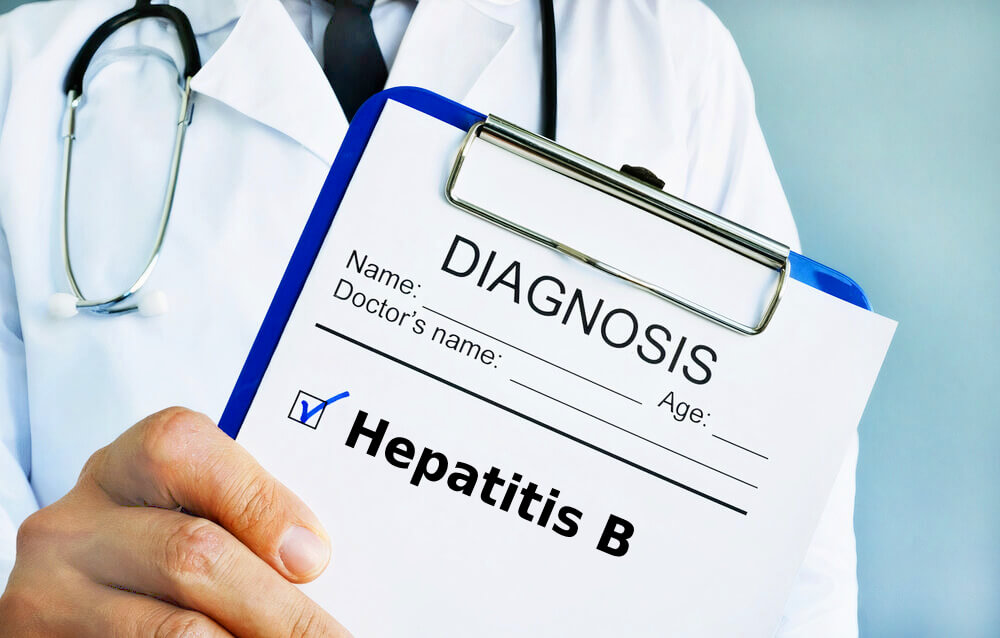Diagnosis

Diagnosing hepatitis B requires a series of laboratory tests. On the presence of the symptoms mentioned above, your doctor will recommend you some blood tests that are discussed below:
A) Liver Function Tests (LFTs)
The most basic test carried out to investigate the performance of the liver is the liver function test. It comprises different liver enzymes that indicate infectious conditions. These tests reflect the liver damage and do not specify the disease itself.
In cases of acute hepatitis B, serum alanine transaminase (ALT) levels are raised that are correlated with the clinical picture (jaundice in most cases). In addition, Aspartate aminotransferase (AST) also helps monitor potential liver damage caused by hepatitis B.
Alpha-Fetoprotein (AFP) raised levels point towards presence of hepatocellular (liver) cancer. As hepatitis is the leading cause of liver cancer, values of AFP are critical.
B) Hepatitis B Tests
To reach a definitive diagnosis, your doctor will recommend you to get the hepatitis panel test which includes the following tests:
1- Hepatitis B Surface Antigen Test (HbsAg)
If infected with HBV, the result will show “positive” or “reactive.” This particular test looks for the surface antigens of the hepatitis B virus in the blood. After the result is positive, the search for acute or chronic type starts. Research suggests HBsAg is a rapid diagnostic test for Hepatitis B infection.
A 2017 study claims HBsAg to have excellent specificity and good sensitivity in diagnosing hepatitis B infection.
2- Hepatitis B Core Antigen Test
The core antigen test shows the current state of infection. For example, it comes out positive if you have acute or chronic hepatitis B infection.
3- Hepatitis B Surface Antibody (Anti-HBs/HBsAb)
This test detects the presence of antibodies (from the body) against the viral antigen. In addition, the test indicates the immune status of the patient. If Anti-HBs is positive, the patient has developed antibodies and is immune.
4- Hepatitis B Core Antibody (Anti-HBc/HBcAb)
A positive/reactive test means a current hepatitis B infection. The test results are fully understood by correlating the results of other tests.
C) Liver Tests
Some more tests will be recommended to check for extensive liver damage. These include liver ultrasound and liver biopsy.


